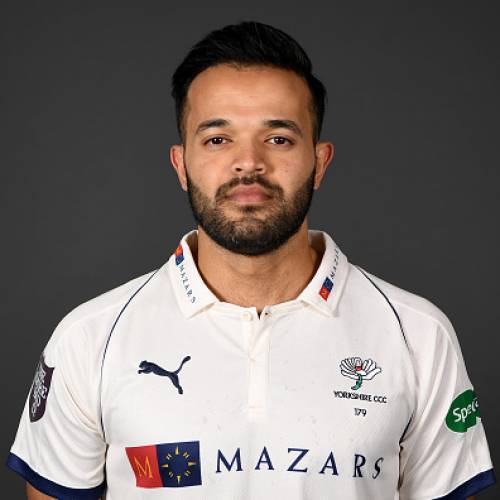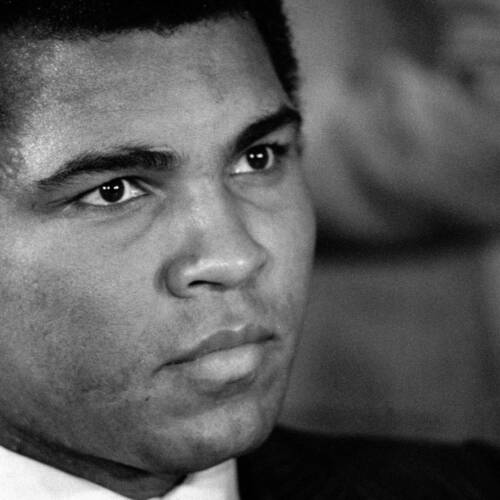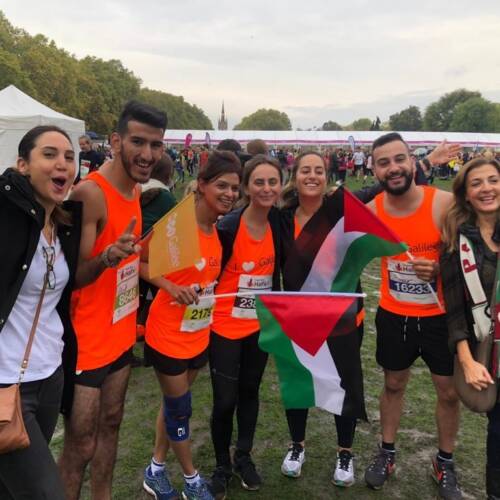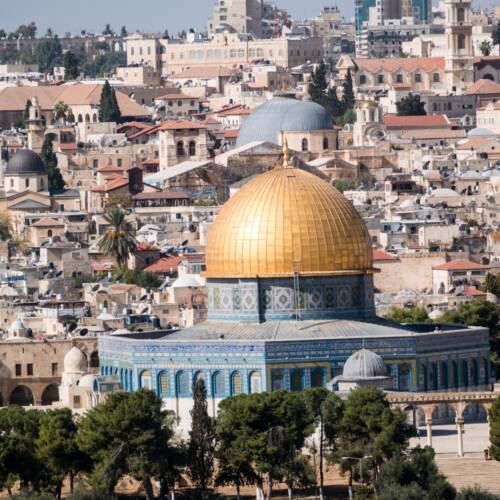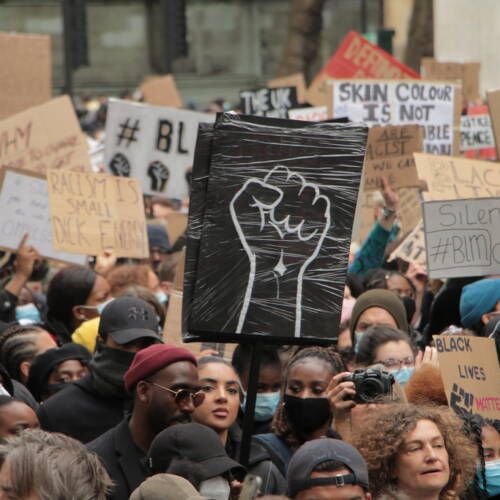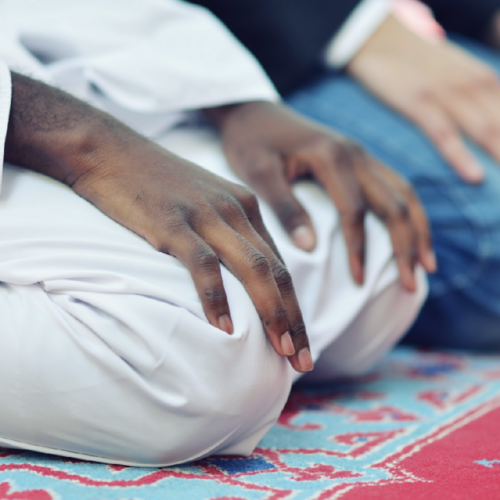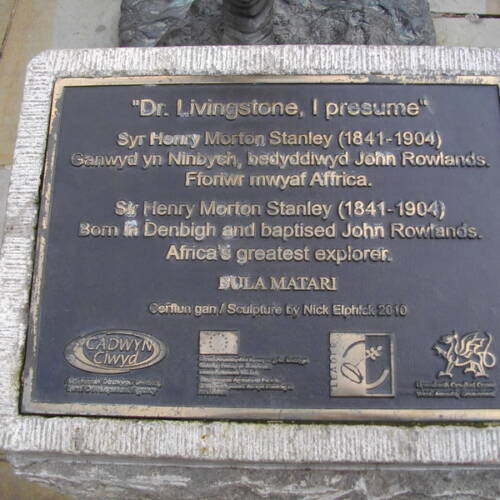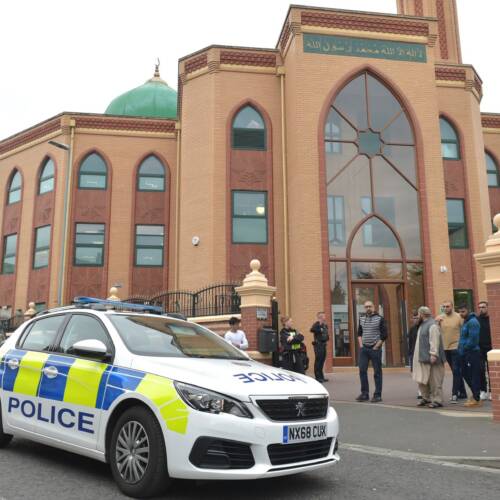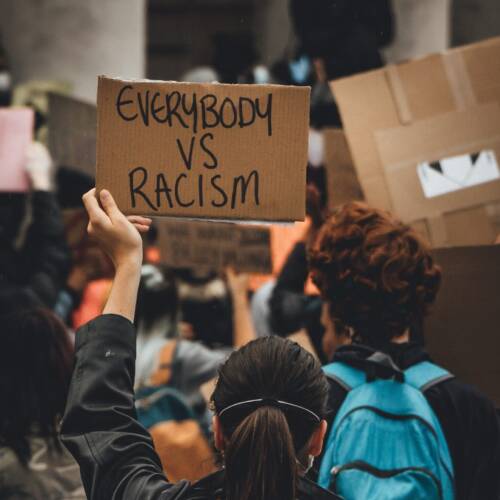
Racism Remains An Ingrained And Unquestioned Social Force in the Arab World
13 Jun 2020Despite the progression and development of many Middle Eastern cities into the modern and diverse spaces they are today, it is still commonplace for racial slurs and discriminatory behaviour to be tolerated. Prejudicial attitudes and oppressive tactics, whether towards African asylum seekers or south Asian migrant workers, continue to divide these societies as racism seems to be systematically embedded and culturally normalized by the media.
In Arab countries such as Egypt, Lebanon or Kuwait, blackface is a common tool for entertainment whilst dark-skinned people are either villainised or taunted by TV presenters. In a lot of these places, Africans are thought of as subhuman and thus less deserving of basic rights and protections. This racism that permeates the Arab world has then instilled a mentality that has led to many Africans and ethnic minorities that reside in these countries being denied work or access to social services.
It is significant to highlight that amidst the recent Back Lives Matter awareness content seen on social media at present, that various influencers from the Middle East have used blackface to strangely spread the message of the movement. The contradictory move from this thankfully small cohort of individuals was quickly denounced on Twitter as offensive and counter-productive. One user described them as “narcissists with platforms.”
Abdullahi Hassan, a videographer born in Saudi Arabia and raised in Egypt, watched shows that taught him his race should disqualify him from a decent life, and decided to compile these shows into a database he maintains. He’s since found dozens of clips of talk shows, movies, sketches and songs where blackness is stereotyped, denigrated and the experience of being African marginalized.
Many of these examples come from comedy shows and movies where the punchline is a character’s blackness. But this is only a small segment of a larger problem in a region that adheres to a strict social hierarchy, within which dark-skinned Africans sit at the bottom.
In an interview, Hassan noted that one of the differences between racism in the Arab world and in the Western world, is that racism seems to have been normalised in the Arab world. When celebrities and politicians in the U.S are found to have used blackface, even from decades ago, they are expected to release an apology. In the Middle East, blackface is still used openly and accepted by consumers of the media.
One example Hassan gives comes from a Kuwaiti comedy show, The Block of Jokes, as they dress a character in blackface to stereotype Sudanese people to be ‘lazy’ and ‘cynical’. In other more serious shows, we find discussions and debates between Arab individuals and African persons that usually devolve into racist rants about social hierarchy.
For many Africans, these racist attitudes have dire consequences. And the situation is even worse in countries that see high levels of conflict, where vulnerable African populations are targeted and forced into slavery. In Libya, a country where militias dominate public life, Africans en route to Europe to seek asylum are seen as an easy target. This only contributes to the thriving slave trade Libya has seen its post-Gaddafi society.
The International Organisation for Migration published a report in 2017 confirming the widespread existence of these slave markets, where migrants going through the country to seek asylum in Europe are sold as slaves or detained by militias and people smugglers in prison camps where they are subject to dehumanising conditions.
In Bahrain, although a more peaceful country, it is relatively normal for African domestic workers to be advertised as if they were discounted products. One advertising agency began a competition: “Follow, share and win an Ethiopian maid!” which caused controversy amongst labour groups. The commodification of migrant workers is not uncommon in Bahraini society, where most of their workforce depends on foreign workers. And although labour laws try to enforce some sense of human rights and dignity, migrant labourers are still treated as private property.
Many Middle Eastern nations still, whether informally or not, uphold the kafala system, of which the employer becomes the workers’ official guardian and thus has control of employees’ visa and legal status. And although Bahrain officially ended the system in 2009, the objectification of migrant workers, many of them vulnerable women, persists throughout the workforce and leads to workers being physically, psychologically and sexually abused.
Many of these migrants are simply trapped in this system as they rely on their employer for their residence and so leaving isn’t an option when it risks being deported or thrown into a detention centre for illegal immigrants.
When toxic social and political climates arise in the Middle East and Arab world, what seems chaotic for the majority of the population is most of the time, if not always, worse for the minority African populations that also live in the region. Whether that be in civil war where black populations are targeted or in economic crises where they are disproportionately affected.
Underpinning the use of blackface in Middle Eastern countries is an attitude that seeps into all corners of society, of racism and bigotry directed towards a people whose skin are simply darker. This attitude has had a deadly effect to these populations, as they struggle to find refuge and a life in an Arab world that only formally abolished slavery in the 1970s.






